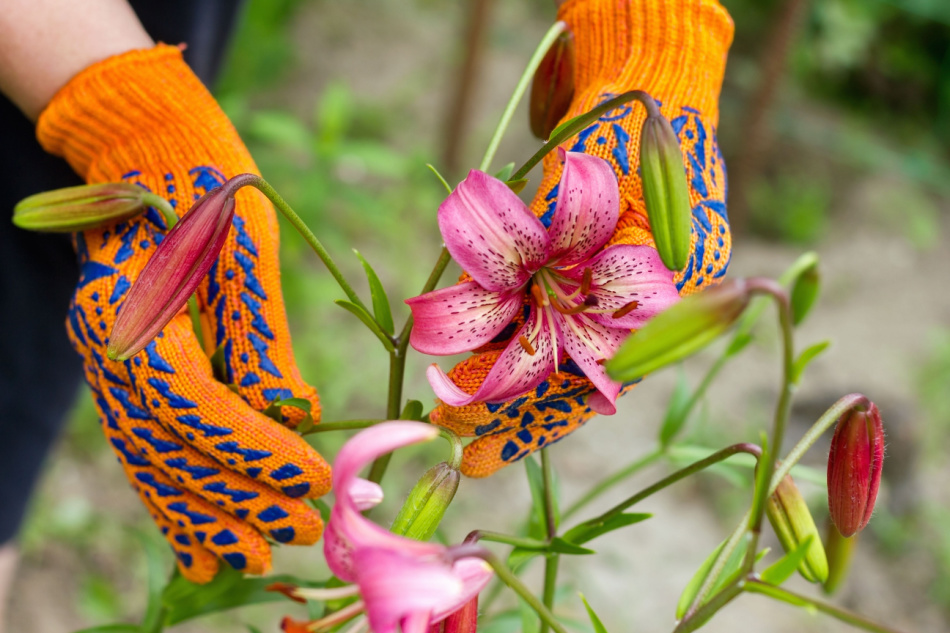A shooting game that makes young cancer patients healthier
| September 2006 issue
During his career, David Warhol has created numerous video and computer games for children. He specialized in non-violent games—Casper the Friendly Ghost, Sesame Street, Ren %amp% Stimpy—but was asked in 2004 to make Re-Mission, a 3D shooting game. “It has more blood in it than all our other games combined,” Warhol laughs. “But what other choice do you have when the game is set in a blood vessel?”
Re-Mission is no ordinary game. The targets for attack aren’t monsters or terrorists, but cancer cells. The game was developed to support young cancer patients. Warhol, president of Realtime Associates, projects the computer game onto a large screen in his Los Angeles office. The player, Warhol explains, controls Roxxi, a nanobot (miniature robot), during her trip through the body of a fictitious cancer patient. Roxxi’s mission is to shoot cancer cells and apply treatment methods. Meanwhile, a bout of flu is threatening to invade, so Roxxi must ensure the immune system remains healthy. Her assistant, Smitty, provides explanations as the mission proceeds.
“By playing Re-Mission, children understand their condition better,” Warhol says. “And patients who know more about their condition are more likely to become motivated to take better care of themselves.” Warhol also suspects that the power of visualization can have a profound effect. “Who knows what the effects are if you continually destroy cancer cells on your screen?”
Warhol was approached by HopeLab, a non-profit American organization that seeks innovative ways to improve the health and quality of life for young people with chronic illnesses. The idea for Re-Mission came from the founder, Pam Omidyar. While working in a laboratory as a research assistant she saw how cancer cells multiplied. Then back home while she was playing a computer game with her husband, Pierre, the founder of eBay, she got inspired and asked herself: Can we develop a game for young people with cancer to help them boost their strength?
Pam Omidyar then founded HopeLab to bring together a team of oncologists, cell biologists, game developers and young cancer patients. Together they developed Re-Mission to see if gaming could help kids beat cancer. Six years later the answer to the question is yes. The game was the subject of a thorough, yearlong study charting 375 cancer patients between the ages of 13 and 29 from America, Canada and Australia. They were randomly divided into two groups. Members of one group were given a control video game, Indiana Jones and the Emperor’s Tomb; others got Indiana Jones and Re-Mission. Before, during and after the study, patients were asked about their knowledge of cancer, their well-being, their confidence in their treatment and any medications they were taking. The outcome? Those who played Re-Mission were more likely to take their medicine on time and had a stronger belief that they had their condition under control.
Pat Christen, president of HopeLab, stresses that games could be used for fighting other diseases, like asthma and obesity. “We’ve shown that games can be used for their health. I wouldn’t know why it cannot be replicated.’”
David Warhol believes there is “a tremendous market” for games that help patients gain control over their illness. “An insurance company might pay millions of dollars for hospital visits that wouldn’t have been necessary if patients would have taken their medicine in a responsible way.”
Re-Mission is available (in English, Spanish and French) free to young people with cancer or by donation via www.re-mission.net. See also the website of Realtime Associates: www.rtassoc.com










